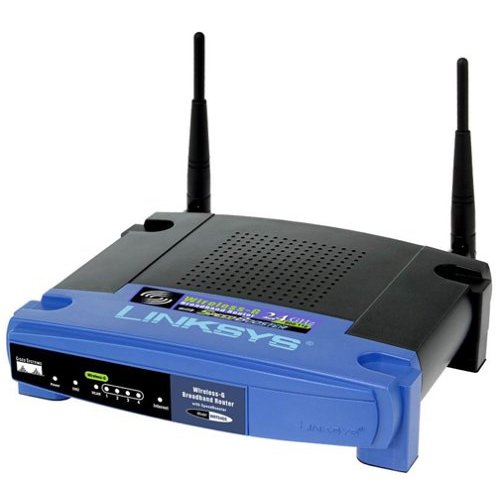Example

- Blossom wants to send a packet to buttercup at port 80.
- Blossom queries the local DNS server for buttercup's IP address.
- Blossom broadcasts an IP datagram with destination address of
137.22.11.1 on the local Ethernet.
- No other computer on the local Ethernet reads the packet
because its not addressed to them (unless they are running a
sniffer).
- The router recognizes that this IP will not find its
destination of that subnet. It the re-broadcasts the packet
on the appropriate sub-net. The source and destination fields
are kept the same.
- Buttercup sees the packet addressed to it and reads
it.
- Blossom wants to send a packet to bubbles on port 25.
- Bubbles does not have a real IP number, so it does not
exist on the Internet.
- Blossom somehow (offline) determines that it should
instead send a packet to 62.11.12.3. on port 25, hoping that
the NAT will do
the right thing.
- Repeat the first four steps of the previous scenario,
except that this time the other router picks it up and
forwards it to the Internet.
- The packet goes thru any number of routers on the
Internet until it is seen by 62.11.12.3 who then changes the
destination IP of the packet to 198.169.0.1 and places it on
the local subnet.
- Bubbles sees the modified packet and reads it.
José M. Vidal
.
10 of 24

